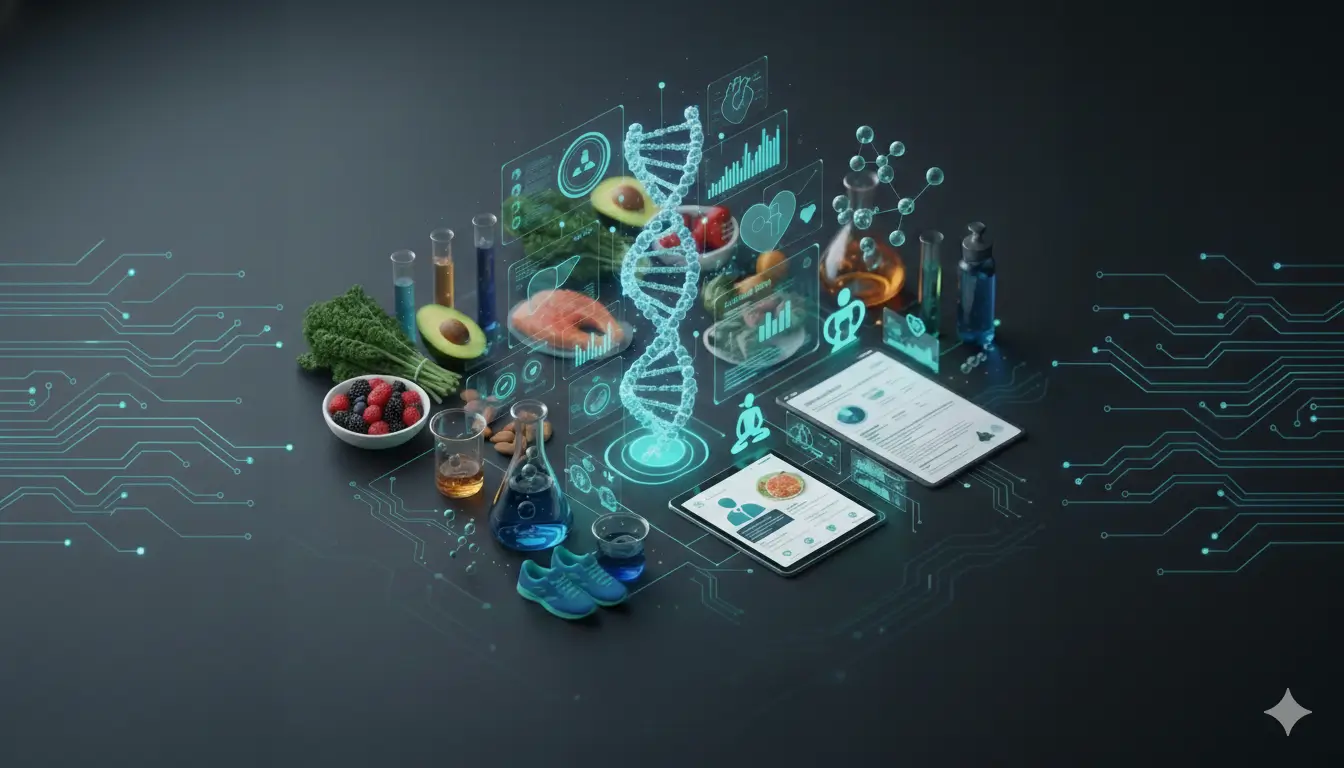As we embark on a new year, many of us seek ways to improve our overall health and well-being. One practical approach is to focus on purification and detoxification. By eliminating toxins from our bodies, we can enhance our energy levels, boost our immune systems, and promote clearer skin and a sharper mind.
What Contributes to Toxin Buildup?
Our bodies are constantly exposed to toxins from various sources, including:
- Environmental pollutants: Air pollution, pesticides, and heavy metals
- Processed foods: Artificial additives, preservatives, and excessive sugar
- Stress: Emotional and physical stress can disrupt the body's natural detoxification processes
- Poor lifestyle habits: Lack of sleep, sedentary lifestyle, and excessive alcohol consumption
- Personal care products: Many personal-care products contain harmful chemicals that can be absorbed through the skin.
Recognizing the Signs of Toxicity
If you're experiencing any of the following symptoms, it may be a sign that your body is overloaded with toxins:
- Fatigue: Persistent tiredness, even after adequate sleep
- Headaches: Frequent or severe headaches
- Skin problems: Acne, eczema, or other skin irritations
- Digestive issues: Bloating, constipation, or diarrhea
- Allergies: Increased sensitivity to allergens
- Difficulty concentrating: Brain fog or trouble focusing
- Mood swings: Irritability, anxiety, or depression
The Importance of Metabolic Detoxification
Metabolic detoxification is a complex process that involves multiple organs, including the liver, kidneys, lungs, and intestines. These organs work together to filter out and eliminate harmful substances from the body.
Key Metabolic Detoxification Processes:
- Phase I: Toxins are chemically modified to make them more water-soluble.
- Phase II: Modified toxins are combined with other substances to form harmless compounds that can be easily excreted.
The Role of Nutrition in Detoxification
A balanced and nutrient-rich diet is essential for supporting the body's natural detoxification processes. Here are some key nutrients to consider:
- Antioxidants: Found in fruits, vegetables, and nuts, antioxidants help neutralize harmful free radicals.
- Fiber: Fiber promotes regular bowel movements, aiding in the elimination of toxins.
- Sulfur-containing amino acids: These amino acids, found in protein-rich foods like meat, fish, and eggs, support the liver's detoxification functions.
- Vitamins and minerals: Vitamins C, E, and B-complex vitamins, as well as minerals like zinc and selenium, play crucial roles in detoxification.
Specific Foods to Incorporate into Your Detox Diet:
- Leafy green vegetables: Spinach, kale, and broccoli are rich in antioxidants and fiber.
- Cruciferous vegetables: Broccoli, cauliflower, and Brussels sprouts support liver detoxification.
- Garlic and onions: These allium vegetables have powerful antioxidant and antimicrobial properties.
- Citrus fruits: Lemons and limes can help stimulate digestion and liver function.
- Berries: Blueberries, strawberries, and raspberries are packed with antioxidants.
- Fatty fish: Salmon, mackerel, and sardines are excellent sources of omega-3 fatty acids, which can reduce inflammation.
Lifestyle Habits to Support Detoxification
In addition to a healthy diet, incorporating these lifestyle habits can enhance your body's natural detoxification processes:
- Hydration: Drink plenty of water throughout the day to flush out toxins.
- Regular exercise: Physical activity boosts circulation and promotes sweating, which can help eliminate toxins.
- Adequate sleep: Prioritize 7-9 hours of quality sleep each night to allow your body to rest and repair.
- Stress management: Practice relaxation techniques like yoga, meditation, or deep breathing to reduce stress hormones.
- Limit alcohol consumption: Excessive alcohol consumption can strain the liver.
- Avoid smoking: Smoking is a significant source of toxins that can damage your lungs and overall health.
- Consider herbal supplements: Certain herbs, such as milk thistle and dandelion root, can support liver function. However, consulting with a trained clinical nutritionist or other healthcare professional before starting any new supplements is important.
Detoxification Programs and Practices
There are various detoxification programs and practices available, including:
- Juice cleanses: Short-term liquid diets that can help reset your digestive system.
- Saunas and steam baths: These can promote sweating and toxin elimination.
- Dry brushing: A technique that involves brushing your skin with a dry brush to stimulate circulation and exfoliate dead skin cells.
- Foot baths: Soaking your feet in warm water with Epsom salts or other detoxifying agents.
Important Considerations:
- Consult with a healthcare professional: Before starting any new detoxification program, it's important to consult with a healthcare professional, especially if you have underlying health conditions.
- Listen to your body: Pay attention to how you feel and adjust your detoxification plan accordingly.
- Be patient: Detoxification is a gradual process. Don't expect immediate results.
Incorporating these strategies into your daily routine can help your body eliminate toxins, improve your overall health, and feel refreshed and rejuvenated. Remember, small steps can lead to big changes.




